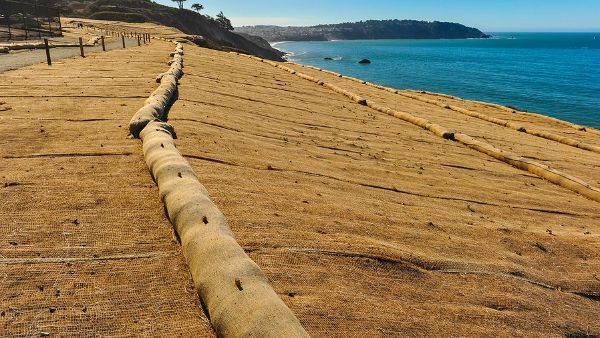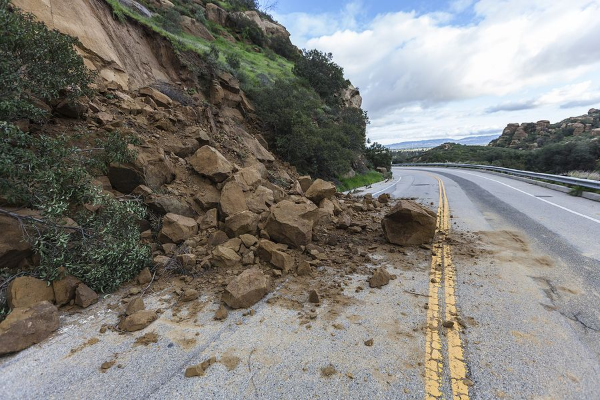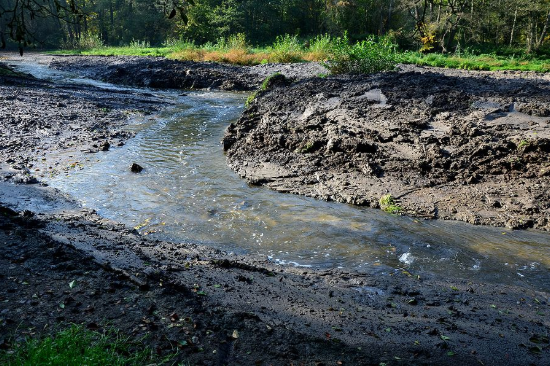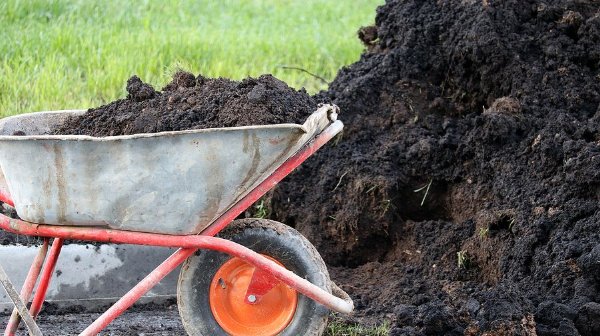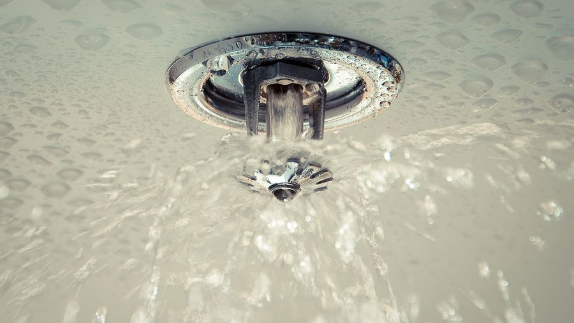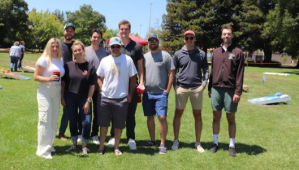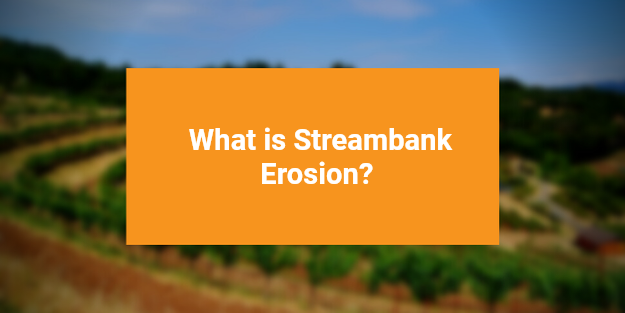California SWPPP & CGP: Avoid Penalties, Protect Waterways (Land Developers Guide)
Does your land development project require a Stormwater Pollution Prevention Plan (SWPPP)? If your land development project proposes construction activities that result in 1 acre or more of land disturbance, your project will likely require a SWPPP in order to comply with California’s Construction General Permit (GCP). The primary intent of the CGP is to set forth pollutant discharge requirements and regulations to help minimize construction related pollutants from entering local waterbodies and watersheds during rain events. By order of the CGP, land developers, commonly referred to as the Legally Responsible Party (LRP), are required to retain the services of a Qualified SWPPP Developer (QSD) to determine the project’s sediment risk level and to create a site specific SWPPP that will address sediment, erosion, and pollutant control measures that shall be implemented throughout the duration of the construction process.
In order to ensure that land developers implement and adhere to their project’s SWPPP, the CGP also requires land developers to retain the services of a Qualified SWPPP Practitioner (QSP). The project’s QSP is responsible for ensuring compliance with the site specific SWPPP that was developed by the project’s QSD by monitoring the site during all phases of construction and ensuring that the project remains compliant with the SWPPP and with the requirements set forth in the CGP. QSPs are also responsible for sampling stormwater runoff from the construction site during qualifying rain events, and reporting sampling results to the Regional Water Quality Control Board. Common duties performed by a project’s QSP are submitting the project’s Notice of Intent (NOI) which establishes coverage under the CGP, site inspections during construction, generating site inspection reports, pre- and post-rain event site inspections, stormwater sampling and testing during rain events, submitting stormwater sampling results to the Regional Water Quality Control Board, submitting Annual Reports, Changes of Information, and submitting the project’s Notice of Termination (NOT) to terminate permit coverage once construction is complete and the site has achieved final stabilization.
Failure to comply with the CGP and a project’s SWPPP can result in penalties issued to the developer (LRP) by local and/or State permitting authorities. Penalties may include construction delays due to permitting agencies requiring a stoppage of work, fines of up to $35,500 per day that a violation persists, and even jail time in extreme negligence cases. Navigating the requirements of California’s CGP and a project’s SWPPP can be a daunting process. At BC Engineering Group, our team of professional QSD’s and QSP’s assist our clients by coordinating all aspects of the project’s SWPPP and permit coverage under California’s CGP by keeping in close contact with the development team and providing recommendations for erosion, sediment, and pollutant control throughout the construction process. We encourage you to trust our team of professionals with your next SWPPP related project. Please give us a call if you have any questions or would like to learn more about SWPPP requirements.

